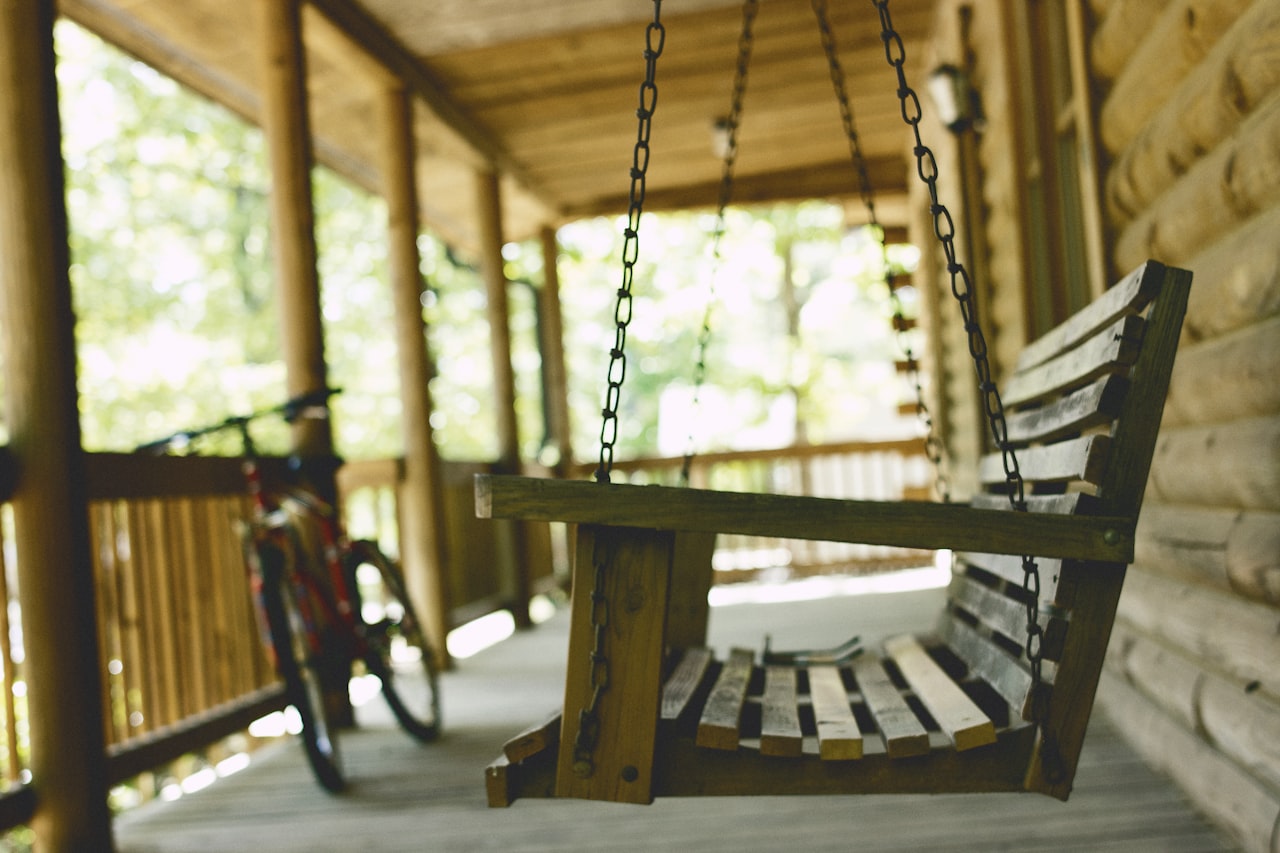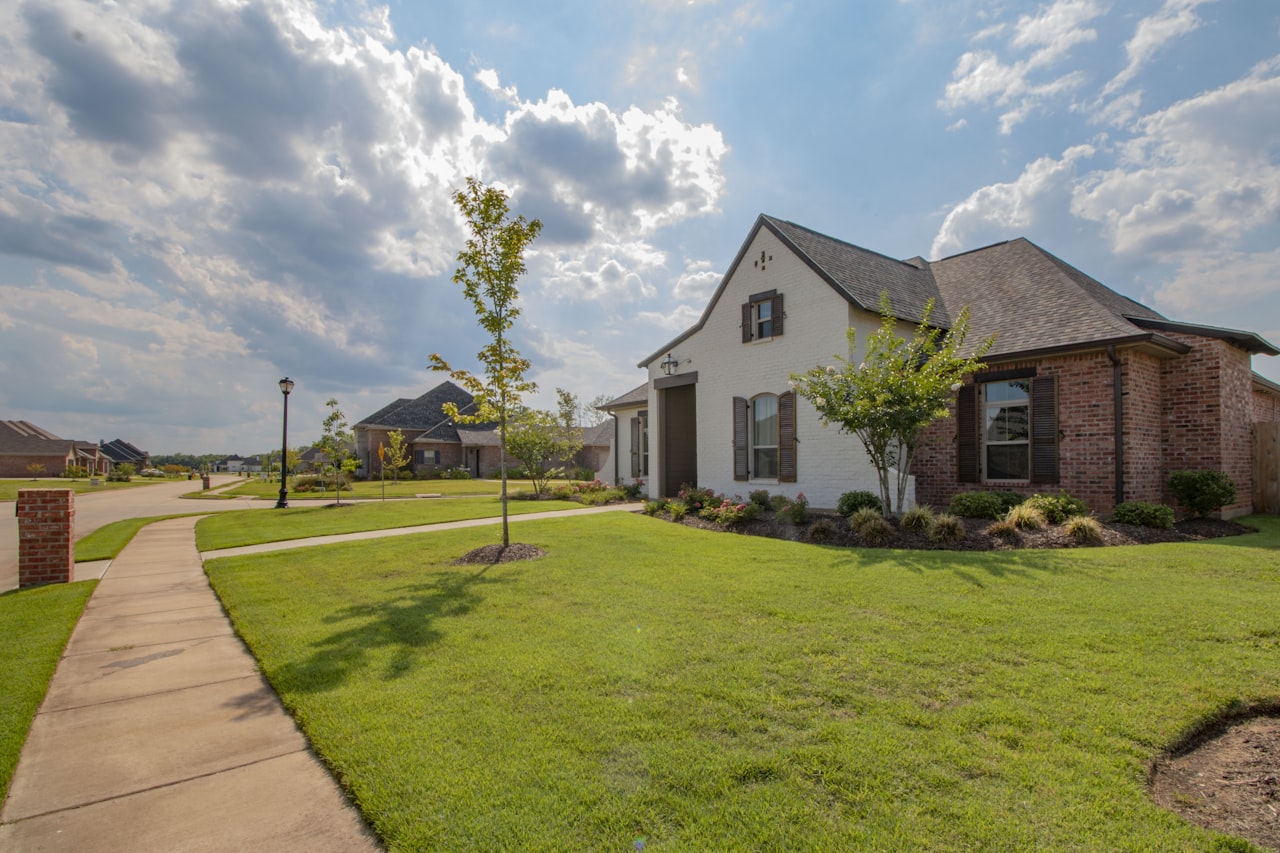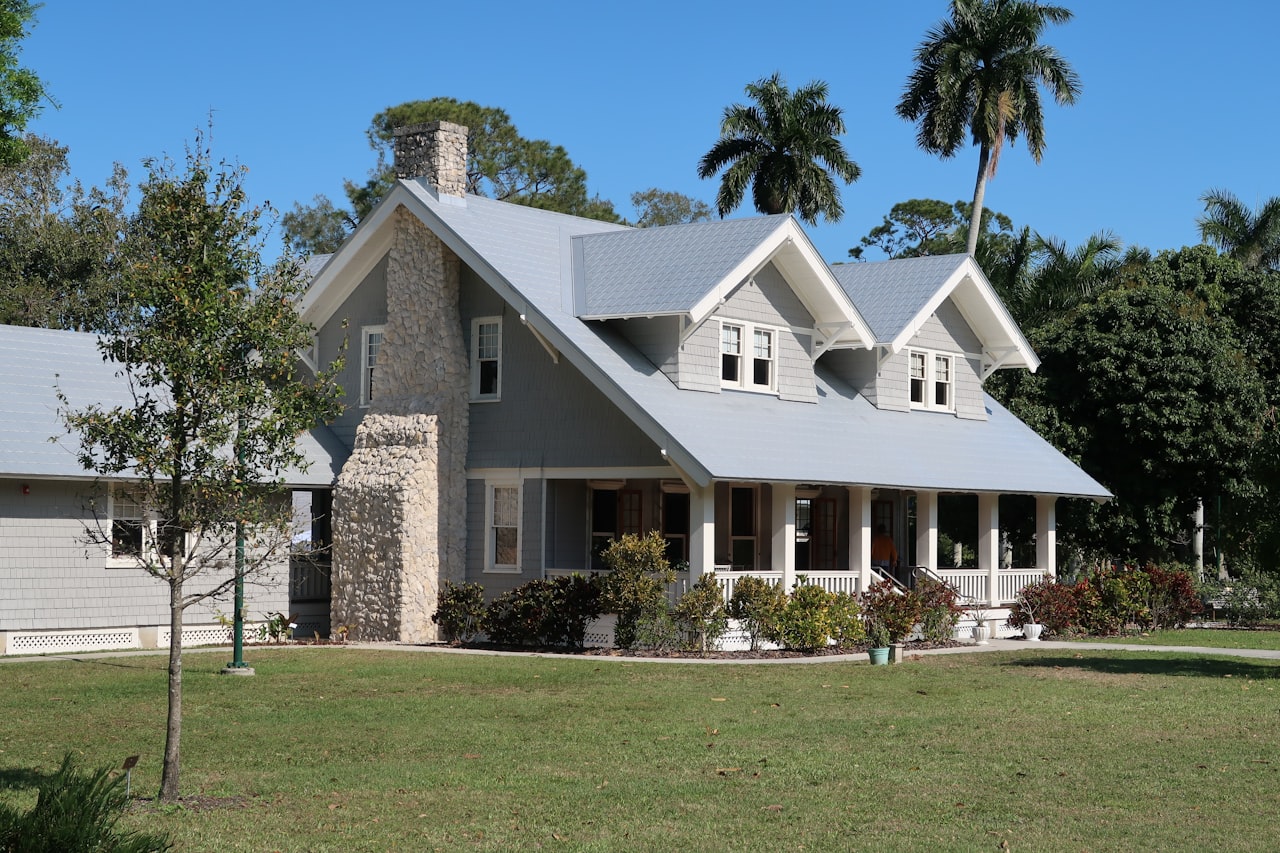Assisted living in Washington State affords seniors breathtaking scenery, comfortable residences and convenient access to some of the best hospitals and medical facilities in the country.
Washington state assisted living communities are also required by law to meet quality measures that set healthcare standards in Washington above assisted living care in other parts of the country.
Cost of Washington Assisted Living
The average cost of assisted living in Washington is $4,625 per month. This is higher than the national average which is $2,877 per month.
Assisted Living in Washington Defined
Adults or seniors who live in Washington assisted living facilities receive food, lodging and help with personal and health-related tasks such as help with daily dressing, teeth and hair brushing, washing, meal preparation and managing medications. This type of personalized assistance is not usually offered at a retirement community or independent living facility. Homes that provide assisted living services to less than 10 residents at a time are known in Washington as adult family homes. You can find Adult Family Homes in our Care Homes category.
However, seniors residing in assisted living in Washington receive less care than at a skilled nursing facility, also known as a nursing home. Nursing homes in Washington are residential treatment facilities where on-site doctors and nurses provide 24-hour supervised medical and rehabilitative care to patients with chronic illnesses. You can find nursing homes in Washington in our Nursing Homes category.
Regulation of Washington Assisted Living Facilities
Washington assisted living communities are licensed and regulated by the Washington State Department of Social and Health Services (DSHS). State inspectors conduct in-person, annual inspections of each assisted living community. They observe and record observations about the general upkeep of the facility, review medical records and ask residents about the quality of their care.
Each inspection produces a report that requires assisted living homes to design a plan to address any issues that were uncovered during the inspection or risk the loss of their operating license. These facility inspection reports are available for public viewing either upon request from a specific residence or from DSHS for a minor fee.
Washington State has legally recognized long-term care recipients as a particularly vulnerable group and legislated additional protections for all residents of assisted living in Washington and other long-term care facilities. This “Bill of Resident Rights” grants residents of assisted living communities specific rights concerning their care while in residence, and outlines rules for how staff are permitted to treat them during their stay.
Training of Assisted Living Employees in Washington
The recently passed Initiative-1029 mandates greater training and hiring requirements for paid caregivers who work in skilled nursing and assisted living facilities in Washington.
Workers are now required to undertake at least 75 hours of training and pass a certification exam before they are allowed to work in a licensed facility. Employees are also subject to a criminal background check.
Support for Washington Assisted Living Residents
Washington State provides a broad array of services to help seniors pay for and manage assisted living care, including participation in the national Long-Term Care (LTC) Ombudsman program.
LTC Ombudsmen are specially trained, certified volunteers who serve as advocates for seniors and their families. Washington State has over 500 certified LTC Ombudsman who can help make sure residents of assisted living in Washington are getting the care they need.
Legislation of Washington Assisted Living Facilities
The passage of House Bill 2056 in 2012 revised “boarding home” to “assisted living facility” where it is referenced in the Revised Code of Washington (RCW). This housekeeping change was necessary to decrease consumer confusion, because the term “boarding home” is now antiquated and longer being used. In other states, facilities that provide assistance with bathing, grooming, or eating are called assisted living facilities.
Senate Bill 6403, also passed during the 2011-2012 legislature session, removed the fee that petitioners paid when filing a vulnerable adult protection order. A vulnerable adult protection order is filed by individuals seeking relief from abandonment, financial exploitation, neglect, or abuse. The order is filed in superior court in the county where the individual resides.
The state defines vulnerable adults as individuals who are
- 60 years or older.
- mentally, emotionally, or physically incapable of caring for themselves.
- may be incapacitated or have a developmental disability.
These individuals may
- live in a nursing home.
- assisted living, or an adult family home.
- receive care provided by home care agencies, home health, or an individual provider.
SOURCE: Senior Homes



































































































